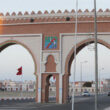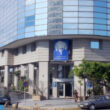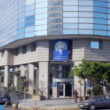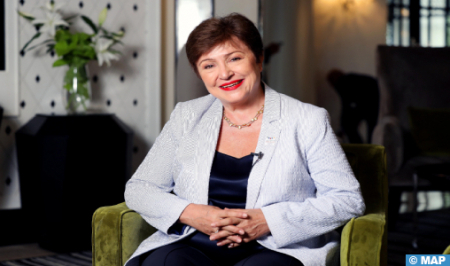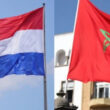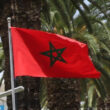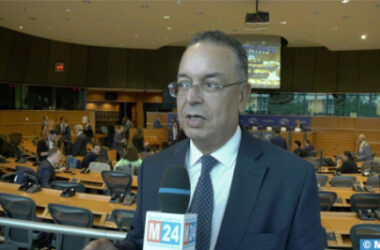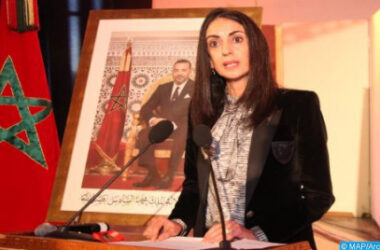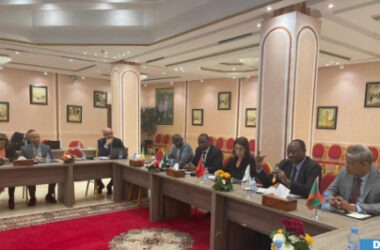“I had the chance to visit the NOOR Ouarzazate solar complex, one of the largest in the world, and I was impressed by Morocco’s engineering and its evolution”, said in an interview with MAP, on the sidelines of her visit to the Kingdom as part of the preparations for the annual meetings of the World Bank (WB) and the IMF, scheduled for next October in Marrakech.
“I have no doubt that Morocco has a promising future”, she added. Georgieva also pointed out that Morocco has embarked on a number of reforms in recent years, which have had a positive effect on the competitiveness of its economy, while maintaining sound macroeconomic fundamentals.
“And today, there is great ambition to continue on this path of reform,” she stressed.
Morocco, like other countries, has been impacted by the consequences of the Covid-19 health crisis and by the rise in energy prices caused by the Russian-Ukrainian conflict, noted the IMF top official, noting that the Kingdom had a clear vision of how to revitalize its economy and create opportunities.
Referring to the New Development Model (NMD), which is considered as a major investment in human capital, particularly in terms of education and social protection, Georgieva underlined that this dynamic had created a favorable climate for entrepreneurship.
“On this basis, Morocco should continue to diversify its economy,” she pointed out.
Recalling that Morocco was the first African country to obtain the flexible credit line against economic shocks granted by the IMF, Georgieva noted that this line was accessible only to high-performing countries.
“The IMF is supporting Morocco in its efforts to build a greener economy that is better adapted to the risks of climate change,” she said.


